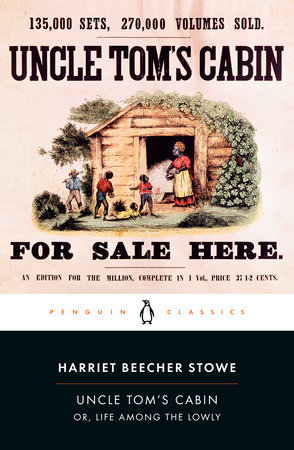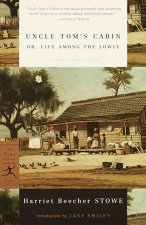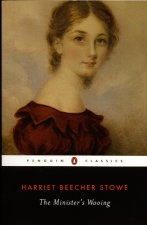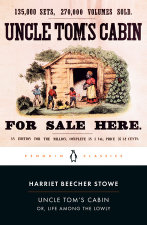Uncle Tom's Cabin
Or, Life Among the Lowly

The novel that changed the course of American history
Published in 1852, Harriet Beecher Stowe’s novel was a powerful indictment of slavery in America. Describing the many trials and eventual escape to freedom of the long-suffering, good-hearted slave Uncle Tom, it aimed to show how Christian love can overcome any human cruelty. Uncle Tom’s Cabin has remained controversial to this day, seen as either a vital milestone in the anti-slavery cause or as a patronising stereotype of African-Americans, yet it played a crucial role in the eventual abolition of slavery and remains one of the most important American novels ever written.
For more than seventy years, Penguin has been the leading publisher of classic literature in the English-speaking world. With more than…
Harriet Beecher Stowe, a prolific writer best remembered today for Uncle Tom's Cabin, was born in Litchfield, Connecticut, on June 14, 1811, into a prominent New England family. First serialized in The National Era, an abolitionist paper, in 40 weekly installments between June 5, 1851, and April 1, 1852, and published as a book on March 20, 1852, Uncle Tom's Cabin was an enormous success. Tolstoy deemed it a great work of literature "flowing from love of God and man," and within a year the book had sold more than 300,000 copies. When Abraham Lincoln met her at the White House in 1862, he allegedly remarked: "So you're the little woman who wrote the book that started this great war!" She died in Hartford, Connecticut, on July 1,…




